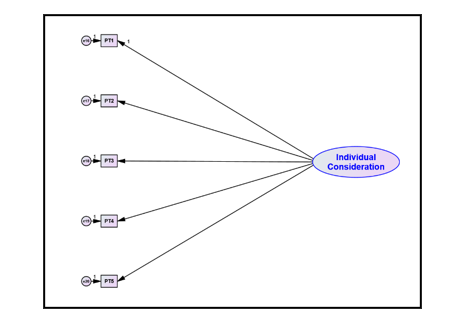
Abstract: Skills that
students need to have, such as interpersonal skills, are very important skills
that every student needs to master. It is the ability of a person to work
cooperatively in a group, including verbal and nonverbal communication skills.
It can distinguish individuals in terms of emotions, motivation, temperament
and intentions, has empathy and can know the beliefs, fears and hopes of other
individuals, which is sensitive to the feelings and emotions of others. In line
with its importance, the Ministry of Higher Education (MHE), has introduced
soft skills that need to be applied to students in institutions of higher
learning. There are seven main elements of soft skills introduced, namely
communication skills, critical thinking and problem-solving skills, teamwork
skills, entrepreneurial skills, leadership skills, continuous learning and
information management, and professional ethics and morals. These soft skills
are considered skills that provide added value to graduates. If these skills
are possessed by every graduate, then they are considered excellently
competent. This study was conducted to develop and validate an instrument based
on the Exploratory Factor Analysis (EFA) process to measure the soft skills
constructs possessed by Terengganu graduates to enable the government to
provide various preparatory programs or courses for them to enter the real
world of work.This study used a quantitative research method based on
Structural Equation Modelling (SEM) to analyze the various relationships between
variables in the study model. Before the data was analyzed using Structural
Equation Modeling (SEM), Exploratory Factor Analysis (EFA) was conducted to
identify the suitability of the items used in the study instrument. This study
describes in detail the procedure for conducting Exploratory Factor Analysis
(EFA) for each construct. The findings of this study show that the validity
values based on Kaiser-Meyer-Olkin (KMO), Total Variance Explained (TVE),
Factor Loading and reliability values based on Cronbach's Alpha, have met all
the required values.
Keywords:
Validity, Reliability, Soft Skills, Graduate Awareness, Graduate Employability
